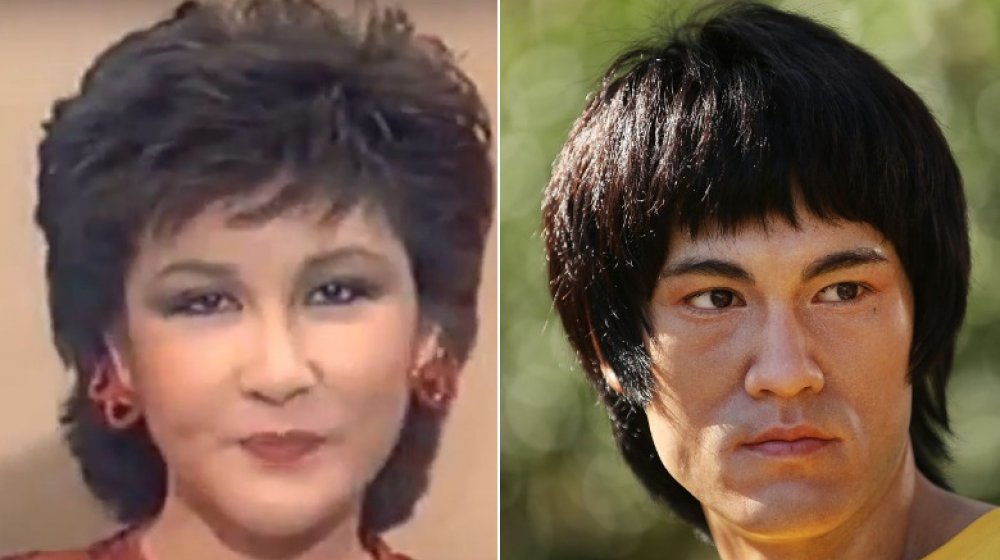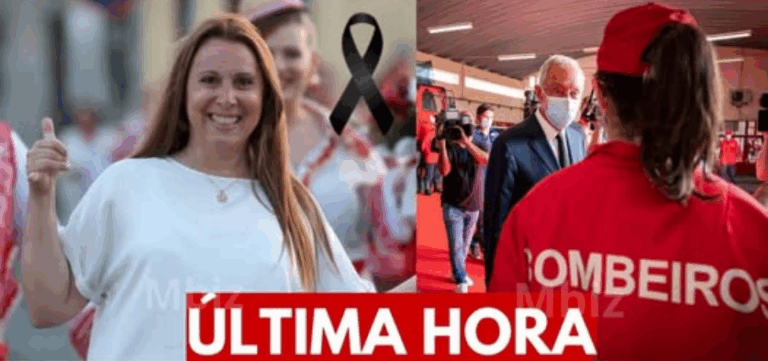In a revelation that has sent shockwaves through the world of film and martial arts, Betty Ting Pei — the woman at the center of Bruce Lee’s mysterious death — has broken her silence after more than half a century. At 77, the former actress has confessed that her relationship with Lee was “far more intimate than anyone ever knew,” reigniting one of Hollywood and Hong Kong’s most enduring and controversial mysteries.

On July 20, 1973, Bruce Lee — the global icon who revolutionized martial arts and cinema — was found dead in Betty Ting Pei’s Hong Kong apartment. The official cause of death was listed as cerebral edema, allegedly triggered by an allergic reaction to the painkiller Equagesic. But from the moment the news broke, rumors, suspicions, and conspiracy theories have swirled — suggesting everything from secret affairs to triad involvement, government cover-ups, and poisoning. Now, Betty’s long-awaited confession adds a chilling new layer to the legend.
“Bruce wasn’t just my friend,” Betty admits. “He was my lover. We were close — closer than anyone knew. But that night… something went terribly wrong.”
According to Betty, Lee had been complaining of an intense headache while the two discussed final revisions to his film Game of Death. She offered him a tablet of Equagesic, a common painkiller at the time. Minutes later, he laid down to rest — and never woke up. But what happened next, Betty now claims, was a deliberate act of suppression.

Instead of immediately calling for medical help, Betty phoned Raymond Chow, Bruce’s business partner and head of Golden Harvest Studios. Chow allegedly urged her to remain calm and wait — a delay that many now believe may have cost Bruce Lee his life. “They wanted to control the story,” Betty says, “to protect the studio, his image, and their investment. No one was supposed to know he died in my apartment — or in my arms.”
Her voice trembles as she recalls the chaos that followed: the media frenzy, the shame, and the years of blame that turned her into a pariah. “For decades, I was painted as the villain,” she says. “But the truth is, Bruce was exhausted. He was struggling — with pain, insomnia, and stress. He was human. No one wanted to believe that.”
Insiders close to Lee’s family have reacted cautiously, though some acknowledge that Betty’s account fits long-held suspicions about the inconsistencies in official reports. Private investigators, medical experts, and biographers have long questioned why an otherwise healthy 32-year-old man collapsed so suddenly — and why those closest to him appeared desperate to control the narrative.

Betty’s confession, while shocking, paints a portrait not of scandal, but of tragedy — of a man trapped between myth and mortality. She describes Lee as “restless, haunted, and constantly under pressure to be perfect.” Behind the image of the invincible warrior, she claims, was a man weighed down by exhaustion and fear.
“The world saw Bruce Lee the legend,” she says. “I saw Bruce Lee the man — fragile, brilliant, but tired of fighting battles no one could see.”
As her revelation reverberates across the globe, one haunting question remains: What really happened in that room — and who wanted the truth buried?
For half a century, the mystery of Bruce Lee’s death has lingered in silence and speculation. Now, Betty Ting Pei’s confession has cracked open the story once more — and it may forever change how the world remembers the Dragon.
The truth, it seems, has been waiting 52 years to be heard.





